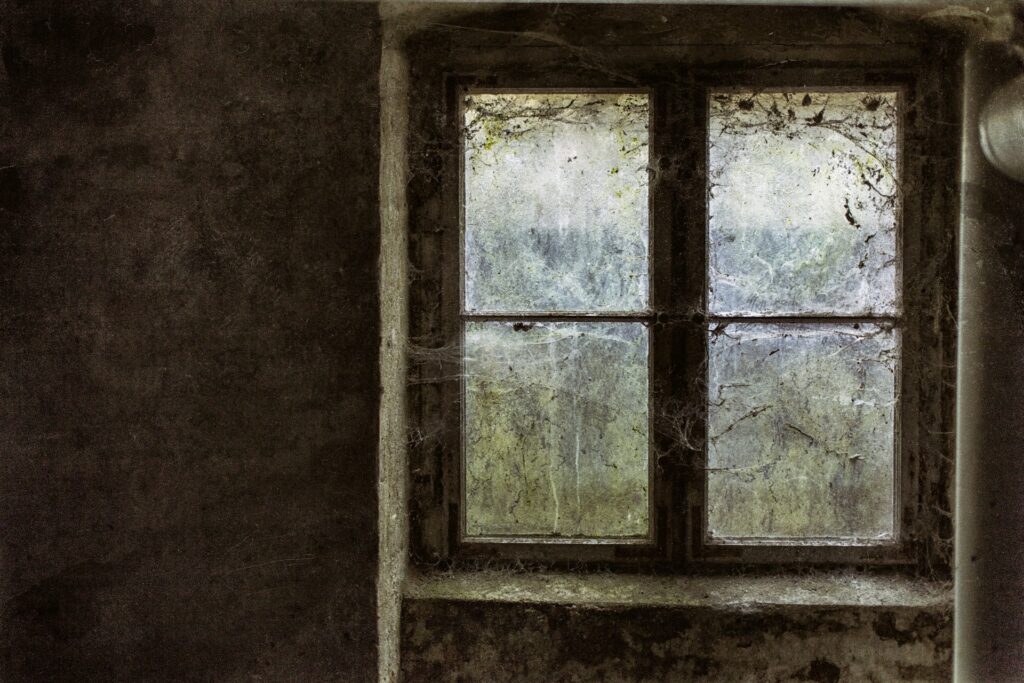
We are reader-supported. When you buy through links on our site, we may earn an affiliate commission.
You have countless reasons to want to move to Hawaii. From glorious underwater sceneries, stunning blue beaches, incredible culture and awesome people — it’s been a dream of many to relocate to the Aloha state.
If you’re considering Hawaii to be your next home, the cost of living is one thing you must consider. It’s no secret that while this paradise in the Pacific offers a lifestyle that makes you feel like you’re on a lifetime vacation, living here also comes with a hefty price tag. Learn about the cost of living in Hawaii and how much you need every month to have a comfortable lifestyle here.
What are the Housing Costs in Hawaii?
It’s expensive to buy a home in Hawaii. The median price of housing for a single-family increased by 260% between 2000 and 2022. The current home in the market costs 3.6 times more than they were in 2000.
According to experts, you should be earning 180% of the state’s median income in 2022 — which was $150,000 per year — to afford a home here. They added that a home that cost $334,000 in 2000 would have an average price of $1.47 million in 2022.
The lack of housing projects is a significant factor driving the cost of housing to the roof. Skyrocketing home prices are one of the hurdles stopping people from moving to this beautiful state. How about renting instead? How much does it cost to rent an apartment in Hawaii?
Based on data, the average rent in Honolulu in November 2023 is $2112 for a 592-square-foot apartment. While the city has the best weather with zero days below freezing and 21 days of above 90 degrees, the high rental rate can easily eclipse this attractive feature. You may find a space half of this price in neighborhoods like Ala Moana, Holiday Mart and Makiki, where the average rent is $1,252 per month.
What are the Utility and Transportation Expenses in Hawaii?
The cost of living in Hawaii is high, including utilities and transportation. Utilities are 42% more expensive than the national average. Residents here spend around $251 monthly on energy, $270 on phone bills and $4.27 per gallon of gas. Meanwhile, transportation is 26% more than what most people around the country pay.
The island relies heavily on imports from the mainland U.S. or other places. The costly shipping results in higher transportation costs, which businesses pass on to consumers. That’s why fuel and other goods are more expensive compared to the national average.
If money isn’t an issue, the high cost of living is worth trading for an island that spoils you with many natural beauties.
How Expensive are Groceries and Dining Out?
Hawaii is one of the most expensive states to live in, as groceries cost 50% more than the prices on the mainland. A loaf of bread — which you can get from $2–$3 in other states — is nearly double the price in Hawaii at $5.82.
When you shop for groceries, you must increase your budget by 50% to buy the same things you usually get from your previous state since the cost of bread, milk, eggs and food items is 1.5 times higher here. A person spends around $800–$1,000 for monthly groceries.
Since meal ingredients are imported, expect restaurant foods to have a higher price tag. On average, people spend $61 daily on food. A meal here for one person costs $24.
If you’re enjoying a better lifestyle where you live now and can afford to pay for your wants, reconsider moving to Hawaii. You can’t enjoy the same little luxuries on the island if you don’t increase your paycheck.
What is the Cost of Health Care in Hawaii?
Besides its natural beauty, another redeeming feature of Hawaii is its affordable health care. The Aloha State has one of the least expensive health care. It’s the only state with an average premium for single coverage below $1,000. Employer-provided health insurance costs roughly $846.67 a year.
People here also have the lowest deductibles at $1,280.67 for single coverage, about half of the $2,428 insured residents in South Dakota — the state with the most expensive health care — pay.
Meanwhile, family coverage in Hawaii will cost you a deductible of $2,812.33. Between 2019 and 2020, only 5% of children’s families experienced difficulty paying for their child’s medical bills. Moving to Hawaii may be a good decision if one of your priorities is affordable, quality health care services.
Education Expenses
If you have kids who attend school, you must also research the tuition rates. The national average annual tuition for private elementary schools is $11,660 and $16,144 for secondary schools.
In contrast, sending your kids to an elementary school in Hawaii will cost you around $14,222 and $17,819 in secondary school. It’s slightly higher than the national average. If you have a stable financial source for education, it should be a less significant factor in your decision to move.
What are the Average Recreation and Entertainment Costs?
The monthly membership for a fitness club is $54, while a cinema ticket for an international release costs around $15. You must set aside a bigger budget if you’re into entertainment and recreational activities.
Frequently Asked Questions
Here are a few more questions with answers on the cost of living and lifestyle in Hawaii.
Is Hawaii Cheap or Expensive?
Hawaii is an expensive state to live in. Its cost of living index in 2023 is 193.3 points, the highest among the 50 states and twice as high as the national average. It has the highest prices across all indexes, except for health care.
How Much Money Do You Need Monthly To Live Comfortably in Hawaii?
According to experts, you need to earn $80,000–$100,000 as a single person to live comfortably in Hawaii. For a family, this racks up to $125,000–$150,000.
If you’re good at budgeting, you can cut costs on some expenses and make it possible to live in Hawaii for a lower price range.
Can I Live in Hawaii if I Earn $3000 a Month?
An $80,000-yearly income translates to about $6,700 monthly cost of living for a single person. Given the high prices of almost everything on the island, a $3,000 monthly income is a tight squeeze. The only way it can be possible to live here at that salary point is if you don’t have to pay rent and you’re good at budgeting.
How Much Does It Cost To Live in Hawaii for a Year?
To have a comfortable lifestyle in Hawaii, a single person must earn at least $80,000. If you’re raising a family, aim to receive a minimum paycheck of $125,000.
Consider the Cost of Living Before Moving to Hawaii
Living in Hawaii is a dream of many Americans. Many want to retire here, but the high cost of living stops them from taking the next move. The exponential increase in rent, utilities and groceries may be acceptable for people with sufficient income. But if you’re earning less than $80,000 annually, visiting Hawaii for a vacation may be a better financial decision than moving. If you’re adamant about making Hawaii your next home, consider staying there for a few weeks to assess if you can really afford to live there.










